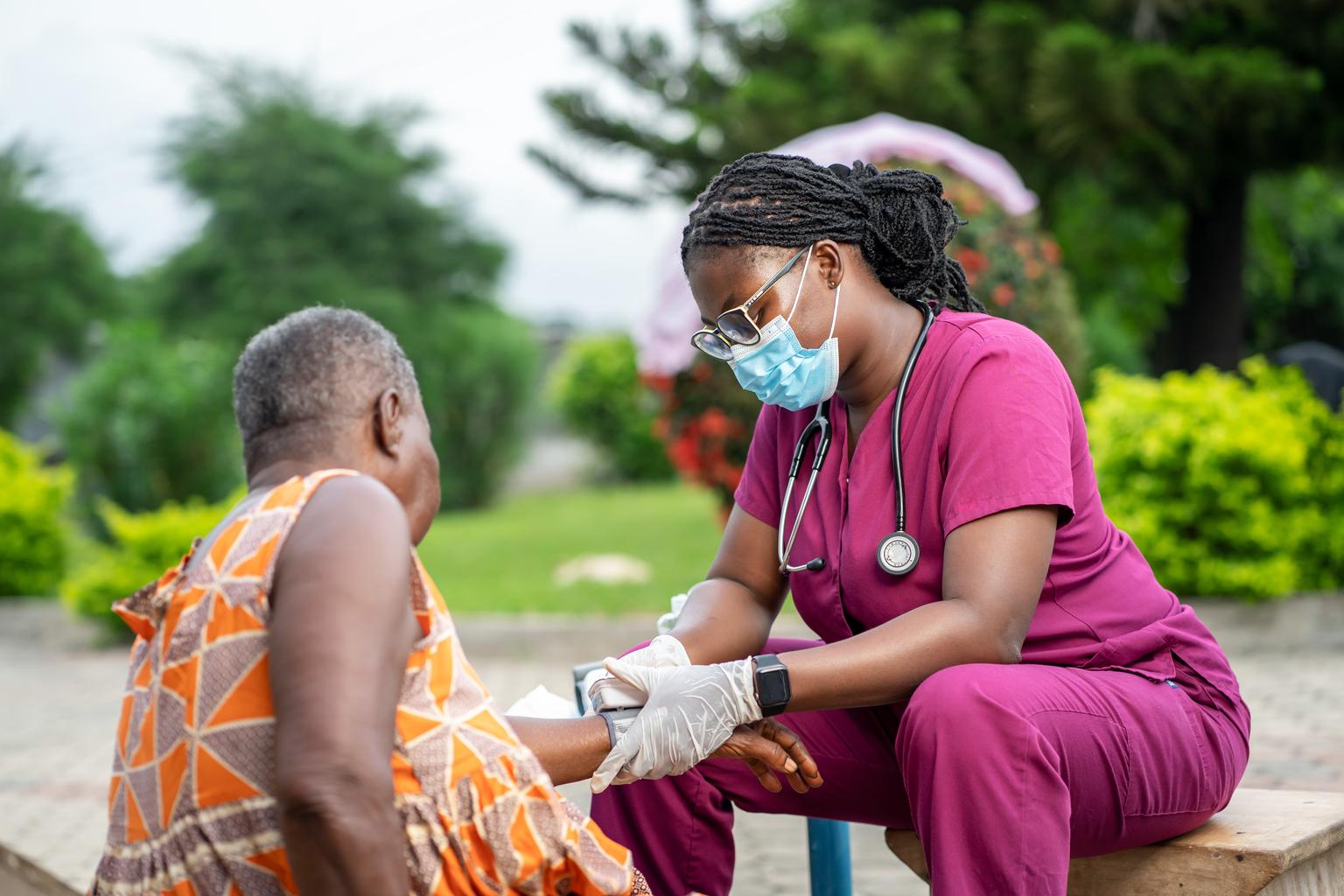The current approach to pharmacotherapy in the United States has had mixed success.
Prescription rates continue to rise with an estimated total of more than 4 billion prescriptions filled in pharmacies in 2016 alone.
However, not all medications are effective for all people. In fact, medication response rates are only between 50-75% for some medication classes. At the same time, adverse drug reactions (ADRs) are the fourth leading cause of death and an important cause of hospitalizations.
Pharmacogenomics (PGx), the rapidly emerging field of genetic prediction of medication response, could shift our current medical paradigm from one that is reactive to one that is preventive. PGx studies genetic variations that are among the factors responsible for the wide variability in drug responses that we encounter today. Although it has been documented that genetic variations are responsible for different medication responses among people, only recently have we been able to benefit from reduced costs of sequencing technology to power cheaper and more efficient genetic testing.
PGx may result in safer, faster, and more cost-effective drug therapies, potentially reducing the need for a long and inefficient “trial-and-error” method of prescribing medications.
Pharmacogenomics: The current state of affairs
Today, PGx has demonstrated the ability to identify inter-individual differences in drug metabolism that can affect medication exposure, and consequently, dosing. It also can help to identify variations in therapeutic targets that would influence the efficacy and tolerability of medications. Clinical guidelines have been developed to help guide the clinical implementation of PGx for some medications.
Unlike other clinical tests, PGx can act as a preventive tool rather than one that is reactive. PGx testing can be performed for all important pharmacogenes at once, allowing for the prediction of many medications the individual may be prescribed in his or her lifetime. While cost historically has been a barrier to PGx testing, the rapidly decreasing costs of genetic assays have allowed comprehensive testing at prices below $250. In addition, these one-time tests are able to generate a report that could follow an individual throughout his or her lifetime to improve treatment decisions as different medical conditions arise. Test results also may provide clues to treatment responses observed in closely related family members.
The role of pharmacists
Pharmacists can combine PGx information pertaining to a drug with their extensive knowledge of drug pharmacology, drug-drug interactions, and dosage understanding to provide well-informed, individualized treatment input. When genetic variants affecting drug responses are present, a pharmacist may recommend appropriate dosage adjustments and alternative therapy options to ordering providers, which may potentially prevent adverse effects.
As the American Society of Health-Systems Pharmacists (ASHP) and American Pharmacists Association (APhA) have declared, pharmacists are in a position to lead implementation of this cutting-edge area of medicine. This provides pharmacists with an opportunity to elevate their role and patient care responsibilities.
The opportunities for pharmacists to incorporate PGx into practice are real. Many national pharmacy organizations have recognized the importance of applying pharmacogenomics to daily patient care. The APhA has written a white paper regarding the integration of PGx within a Medication Therapy Management (MTM) practice and the need for pharmacists to have a baseline understanding of PGx. There have been recent practice models created for testing within community pharmacy, in MTM practice, and in the hospital setting. The Accreditation Council for Pharmacy Education (ACPE) also has included pharmacogenomics/genetics among the required elements of the didactic Doctor of Pharmacy curriculum, preparing pharmacy students to contribute in the field of precision medicine.
A recent survey of health system pharmacy directors found that 7% of all hospitals were using PGx testing. PGx testing and results may provide pharmacists with more information to optimize medication therapy for patient care. Pharmacists will be able to educate providers and patients on drug response based on genetics and its potential for preventing ADRs. Prevention of ADRs is not only instrumental in reducing morbidity, mortality, and healthcare costs, but it also aids in improving diagnosis and compliance with medications.
Thus, the role of pharmacists in integrating PGx into everyday care cannot be overstated.
The road ahead
The ability to interpret PGx data and to translate it to a form that is clinically practical, actionable, and applicable to real-world situations is critical. In this emerging area of patient care, the profession of pharmacy will face challenges. The largest challenge for practicing pharmacists includes access to continued education on current developments in the field of pharmacogenomics.
While the healthcare community has recognized the need for educational programs on PGx, programs are still limited, and awareness of such programs is low. Thus, there is a pressing need for more quality educational programs to be introduced and incorporated into the core training of pharmacists.
At present, official guidelines and regulations are minimal, at best. Advocating for the establishment of guidelines on drugs with PGx implications requires increased awareness. Regulatory authorities have recognized the promising potential of PGx, but it is certainly a long road ahead.
Pharmacists continue to face the challenge of determining the best way to integrate PGx and of seeking out the most effective model in patient care. They must advocate for the implementation of PGx in their healthcare systems and team up with early adopters and forward-thinking colleagues to integrate genetic testing.
It will be challenging, but even at the beginning stages, its worth has been proven. The pharmacist’s role is becoming one that is indispensable in the clinical implementation of PGx.
Pharmacogenomics is here to stay, and it is time to embrace the evolving nature of pharmacy.
Kandace Schuft, PharmD, and Mathura Shanmugasundaram, PhD, are employees of OneOme, LLC, a Minnesota-based clinical laboratory offering pharmacogenomics testing. Josiah Allen, BA, works for Medigenics Consulting. They are guest bloggers for Catalyst Enterprises, LLC





